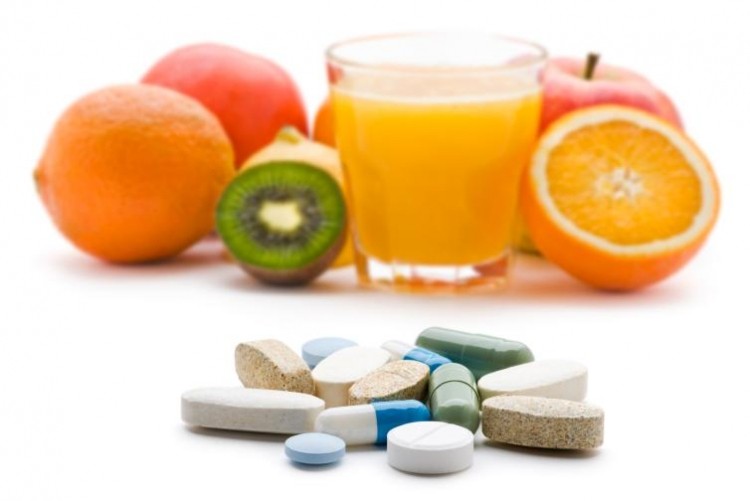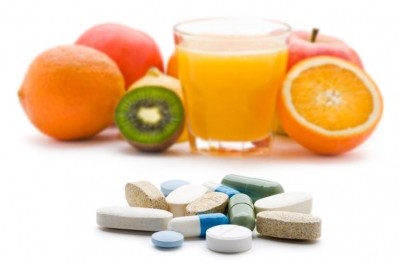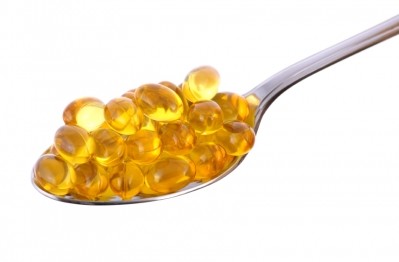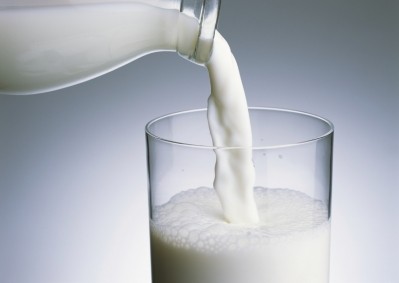Supplements and milk are most important for children’s vitamin D levels, say researchers

Writing in the Archives of Pediatrics and Adolescent Medicine, researchers from the Canada have found that consumption of milk and vitamin supplements play the most important role in determining levels of circulating vitamin D in children under the age of six.
Both were better at predicting a child’s vitamin D stores than skin colour or exposure to the sun, said the team led by to Dr Jonathon Maguire from St. Michael's Hospital, Canada.
"Early childhood is a critical stage in human development, so achieving and maintaining optimal vitamin D levels in early childhood may be important to health outcomes in later childhood and adulthood," said Maguire.
"When it comes to maintaining sufficient vitamin D stores in young children, the story is about dietary intake of vitamin D through vitamin D supplementation and cow's milk" he explained.
However, Amy-Jane Valender, scientific and regulatory manager for the British Specialist Nutrition Association warned that the research results come from a study based in Canada, where milk is fortified with vitamin D. As a result she warns that the findings of the study may not be directly applicable to other countries.
“This is not the case in the UK and in many other countries in the EU,” said Valender. “Unfortified cows’ milk is not a good source of vitamin D - it follows that consumption of cows’ milk in these countries is unlikely to benefit vitamin D status.”
Maguire added that he was ‘surprised’ to find that 57% of the children in his study were taking a regular vitamin D supplement.
Study details
Low levels of vitamin D deficiency is suggested to be a risk factor for a number of illnesses, including asthma and allergies in children, while severe deficiency can lead to rickets.
Maguire and his team studied vitamin D blood tests of 1,896 health children under 6 years of age as part of the TARGet Kids! Study (The Applied Research Group for Kids!).
The program follows children from birth with the aim of preventing common nutrition problems in the early years and understanding their impact on health and disease later in life.
Analysis showed that the two factors most strongly associated with higher vitamin D stores in children under 6 years of age were taking a daily vitamin D supplement and drinking two cups of cow’s milk a day.
Both of those factors were better at predicting a child's vitamin D stores than skin colour or measures of exposure to the sun, said Maguire.
Source: Archives of Pediatrics and Adolescent Medicine
Published online ahead of print, doi: 10.1001/2013.jamapediatrics.226
“Modifiable Determinants of Serum 25-Hydroxyvitamin D Status in Early Childhood”
Authors: Jonathon L. Maguire, Catherine S. Birken, Marina Khovratovich, Julie DeGroot, Sarah Carsley, et al
















